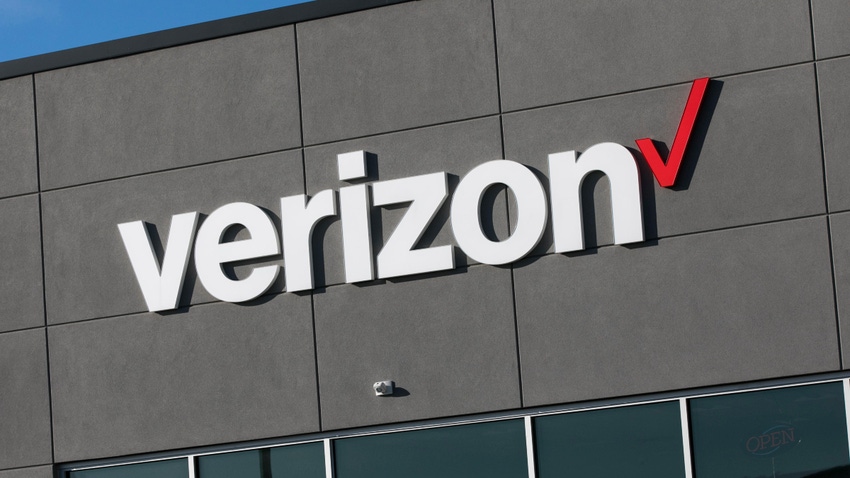Questions swirl about future of Verizon's cable MVNO deals
Some analysts wonder if Verizon's MVNO deals with companies like Comcast and Charter are indeed 'perpetual' or if there's room for maneuvering on price and profitability.

Though Chairman and CEO Hans Vestberg tap-danced around them, Verizon is starting to face some questions about the future of its MVNO relationship with the cable industry, which today includes deals with Comcast, Charter Communications and Cox Communications.
Cable's MVNO (mobile virtual network operator) deals with Verizon were labeled as perpetual ever since they became attached to the sale of cable's respective AWS spectrum to Verizon in 2011. That perpetuity was supposed to give the cable operators a basis for building a sustainable mobile services business.
While those MVNO pacts remain in place, they have been tweaked along the way. In 2020, for example, Verizon announced it had signed "expanded and extended" MVNO deals with Comcast and Charter, which enabled the cable ops to explore and develop more flexible mobile service bundles while also keeping AT&T out of the picture. Cox launched its mobile service, and confirmed its MVNO relationship with Verizon, in January 2023.
Today, it's apparently not clear if those MVNO deals are indeed perpetual from a pricing standpoint and whether the cable operators are guaranteed to make money on the deals no matter how much data their mobile customers are consuming via Verizon's mobile network.
On Verizon's Q2 2023 earnings call today, Bank of America analyst David Barden suggested that recent "messaging" from Verizon has changed, perhaps an indicator that a perpetual deal between Verizon and the cable guys is no longer the case.
Vestberg sidestepped the question, noting that Verizon's relationship with US cable "is a complex area" and that non-disclosure agreements prevent him from shedding much light on the details of the contracts. So, he pointed out the obvious: that Verizon stands to get a better return on capital based on the number of connections to its network and the amount of data those connections use.
"The only thing that I'm secure in is that Verizon is making money on this," he said about Verizon's MVNO deals with cable. "We think this is an important business; these are important customers to us... You should feel confident that Verizon is doing that with the best interest of our stakeholders and our shareholders, and we want to get the best return on invested capital in the network."
For cable, sustainability trumps price
The exchange caught the attention of other analysts who have also considered the possibility that the MVNO deals with cable could be reworked to raise the wholesale rate.
In a research note issued after Verizon's call, New Street Research analyst Jonathan Chaplin said he had heard of this possibility "second hand."
"If this is true," he added, "it would mean that when the agreement was renegotiated in summer 2021, Cable would have allowed this. We are fairly certain that the terms of the old MVNO were perpetual (and technology agnostic)."
But if there's a big change to the perpetual elements of those original deals, Chaplin says Verizon believes it could be a potential step up for its flattening wholesale revenues (perhaps due to cable's ability to offload more mobile data on their Wi-Fi networks) and force cable to increase prices.
"Most investors seem to take this view too," he said. "We wouldn't be so sure. Cable's focus has always been on having an MVNO deal they can build a sustainable business on – they have focused on long-term sustainability over price."
But if cable did give up perpetuity on pricing, Chaplin reasons that means the operators are even more confident they can lower their reliance on the Verizon network by offloading data on Wi-Fi now and, later, via their respective CBRS spectrum holdings.
Though Vestberg wouldn't say much about the future of Verizon's MVNO deals with cable, there's a good chance the topic will come up again later this week when Comcast and Charter hold their own Q3 earnings calls.
Related posts:
— Jeff Baumgartner, Senior Editor, Light Reading
About the Author(s)
You May Also Like












